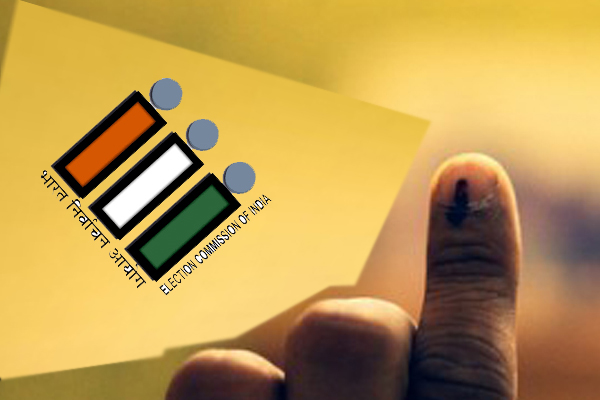The dance of democracy in India is increasingly becoming a festival for splurging of money in huge quantities. A report released by a private tracking agency notes that the 2019 Lok Sabha polls saw spend of Rs 60,000 crore by candidates and parties for the over 540 seats. This could by no means be the actual figure. A safe guess could be that at least twice this amount must have been spent. Notably, the last US presidential polls in 2016 resulted in an estimated expense of much less — two-thirds of what was spent in the Indian polls this time. Clearly, Indian elections are increasingly becoming a fight between moneybags. Skyrocketing of corruption is the natural corollary. Little wonder then that India is scripting new chapters in the history of corruption.
While the average citizen votes against corruption by accepting money for that act, it is this very citizen who also expects a drastic change of the scenario. This contradiction is taking its toll on Indian democracy.
Subversion of rules and regulations comes naturally to Indians as a society. Systems are weakening because the people fail to understand what differences exist between their desires and the methods to achieve them. While everyone wanting prosperity is understandable, the manner to go about it has, on a wider scale, been perverted.
The ceiling fixed by the Election Commission for each candidate in the LS polls was Rs70 lakh, including spends for vehicles, banners, ballpoint pens and hiring of chairs, among other normal expenses. According to estimates, a minimum of Rs 100 crore was spent in each constituency – which also worked out to be six to seven times more than what was spent in the 2009 LS polls. Votes today are purchased, literally. Not only slums and other habitations of the poor but even the middle class willingly got booked in advance by parties for purchase of votes. The study by the Delhi-based Centre for Media Studies says the BJP spent the maximum this time – as the Congress did in 2009.
A study of data accessed by the Association for Democratic Reforms (ADR) has found that 88 per cent of the newly elected MPs of 17th Lok Sabha are crorepatis. This is not to assume that they would have spent personal wealth. On the face of it, a crorepati today is no more than an ordinary middle class citizen, if one were to go by the price of a decently laid 2 BHK dwelling in tier-two cities. It can also be safely assumed that the parties that spend such stupendous amounts to get their candidates elected would obviously make all-out efforts to get three or four times that amount before the next election.
With so many crorepatis entering the Lok Sabha this time, the poor man should not hope for a voice in the House of the People. Instead, we are about to watch the rich using their lung power for advancements of business interests albeit under the garb of discussing the plight of the poor.
Electoral reforms by themselves will not make much of a difference in corrupt India, which has two worlds; one real, and the other unreal. There is activity on the surface and bigger activity in the underworld and hyperactivity in the netherworld populated by the rich and the famous. Still, reforms are worth a try. Meaningful actions are the need of the hour. For instance, the largest recorded spend for polls is supposedly for vehicles and audio systems. Although every villager knows that no one in India votes because of speeches or number of vehicles plying. Those are just a false halo built around elections to create a festival-like atmosphere.
Election Commission, too, plays along by deploying personnel to check vehicles, hold raids and seize some paltry unaccounted money. That by itself does not serve much of a purpose. There is more drama and less of good intent. Powerful people are engaged in the campaign process and they know how to move money through safe channels.
On the positive side, every election season might give a lift to the economy, considering the enormous amount of money put into circulation from a static state. The theory introduced by John Maynard Keynes stated the way for economic progress was releasing more of money in the market. In the matter of election expenses, money remained within a nation. But to assume that they simply changed hands and would rev up markets and production chains is a childish notion. At the same time, election fought on money power is an unacceptable proposition in a democracy. It undercuts the very essence of people’s power. Unfortunately, the average Indian does not value democracy in itself so nothing done or undone matters.
